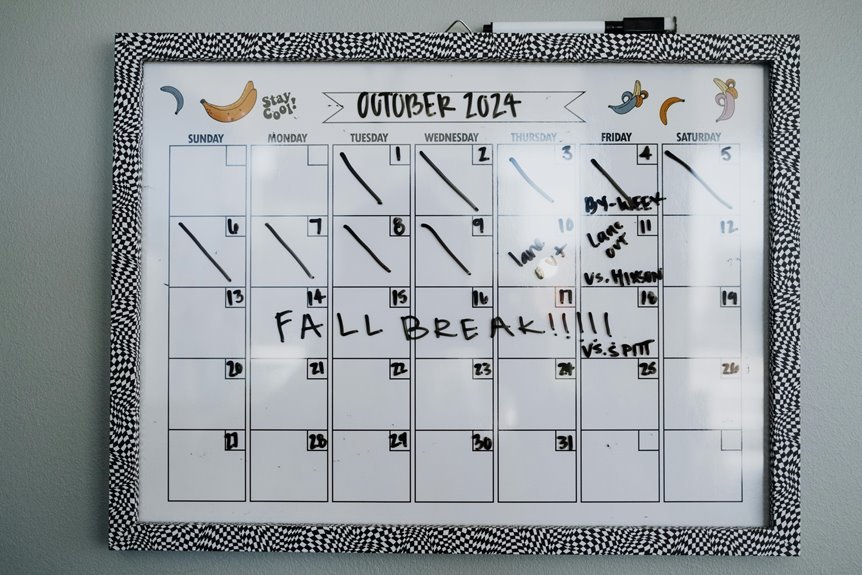Understanding call behavior across weekdays and weekends is essential for optimizing communication strategies within organizations. Weekdays typically experience heightened call volumes during business hours, while weekends reflect a notable decline due to personal commitments. Additionally, holiday periods can further alter these patterns. This analysis raises critical questions about how these fluctuations impact professional interactions and what strategies can be employed to navigate these challenges effectively.
Analyzing Weekday Call Patterns
Weekdays present a distinct landscape for call behavior, characterized by patterns that often reflect the structured routines of the workforce.
Notably, weekday call spikes typically occur during business hours, prompting a corresponding increase in call response times.
This phenomenon underscores the importance of efficient communication strategies, allowing organizations to enhance responsiveness and adapt to the dynamic needs of their clients amidst the constraints of the workweek.
Exploring Weekend Call Trends
The dynamics of call behavior shift significantly during the weekend, as many individuals step away from their professional obligations.
Weekend call frequency often decreases, reflecting a collective desire for personal time.
However, holiday call variations disrupt this trend, as social interactions increase during festive periods.
Understanding these patterns provides insight into the balance between personal freedom and communication demands on weekends.
The Impact of Work-Life Balance on Call Behavior
Although work-life balance is often viewed as a personal endeavor, its influence on call behavior cannot be overlooked.
Effective work-life integration allows individuals to manage stress more efficiently, leading to a decrease in weekend call frequency.
Conversely, poor balance may result in increased call volume during off-hours, as individuals struggle to maintain boundaries between professional responsibilities and personal time.
Tips for Effective Communication Based on Timing
How does the timing of communication affect its effectiveness?
Effective communication hinges on timing strategies that align with individuals’ communication preferences. Engaging during optimal periods enhances receptivity and reduces distractions.
For instance, weekday discussions may benefit from structured environments, while weekends might foster relaxed exchanges.
Understanding these dynamics allows for tailored interactions, ultimately promoting clearer messaging and stronger connections among participants in various contexts.
Conclusion
In conclusion, recognizing the distinct patterns of weekday and weekend call behavior is akin to navigating a river’s current; understanding when to paddle harder and when to drift can significantly enhance communication flow. Data indicates that call volume on weekdays can peak by 50% during business hours, while weekends often see a 70% drop. By strategically aligning communication efforts with these rhythms, organizations can improve engagement and respect the essential balance between professional responsibilities and personal time.





